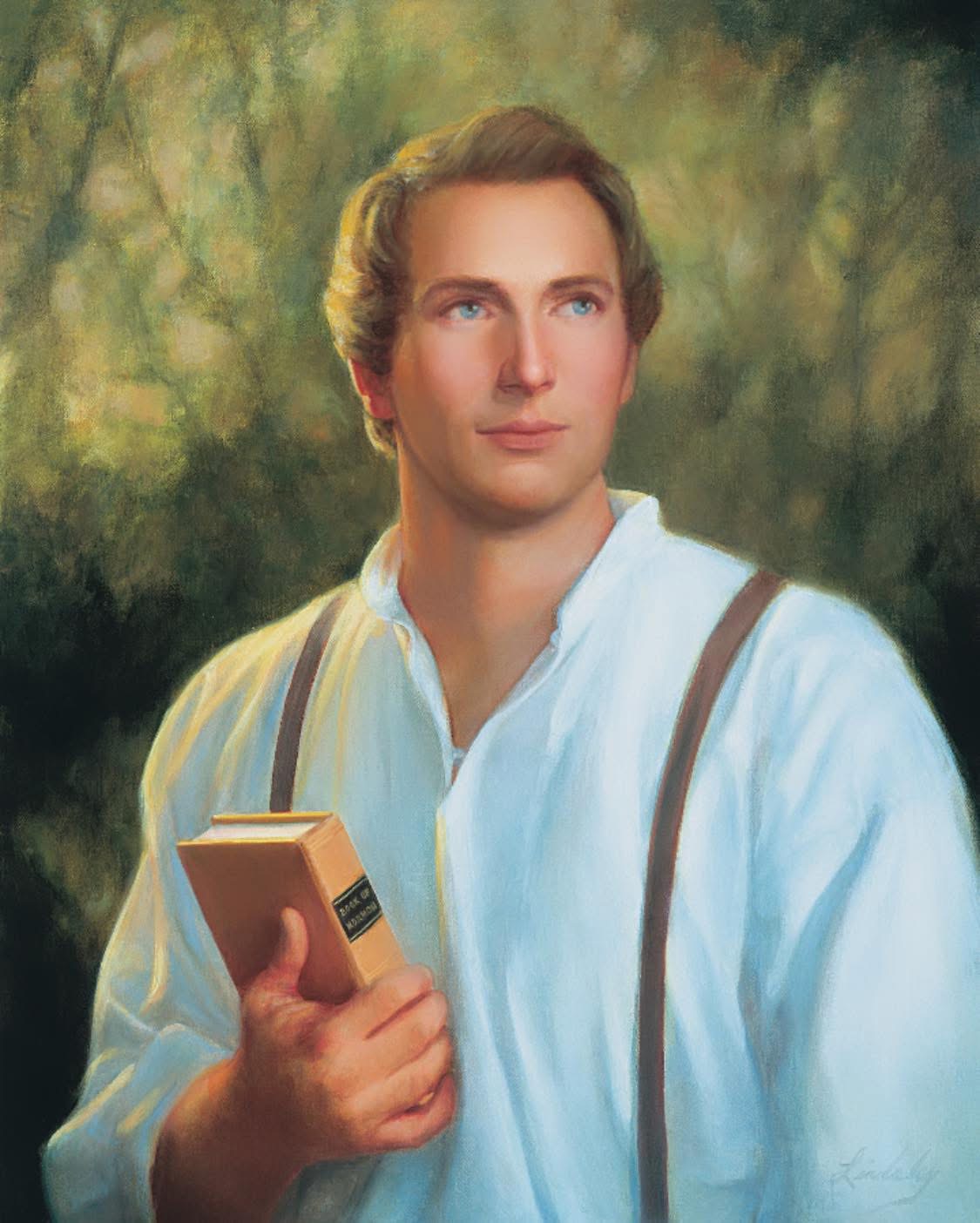How the Lord Disrupts Our Spiritual Ambition D & C 26

The passage in question is brief—only two verses—but like a seed in loamy soil, it contains life within. These lines from Doctrine and Covenants 26 arrive at a moment in 1830 when Joseph Smith, Oliver Cowdery, and John Whitmer found themselves straddling the sacred and the mundane. They were apostles of a new dispensation, yes—but also husbands, farmers, and men whose boots knew the stubborn weight of Pennsylvania earth. The Lord’s revelation to them doesn’t separate the holy from the homely. Instead, He binds them together.
“Behold, I say unto you that you shall let your time be devoted to the studying of the scriptures, and to preaching, and to confirming the church at Colesville, and to performing your labors on the land…” (v. 1)
There’s a whisper of Eden here, isn’t there? The word of God and the work of the land—the breath and the dust. The prophets were never monastics. They were planters, shepherds, tentmakers, carpenters, fishermen. They studied Torah by night and mended nets by dawn. When the Lord called Moses from a burning bush, he didn’t say, “Leave behind your flock and forget the wilderness.” He called him from within it.
Likewise, Joseph was told not to forsake the plow. He was not above it. And that is no insult—it is the nature of priesthood. The Lord of Hosts, after all, did not come to earth in gold or power, but as a carpenter’s son with sawdust on His tunic.
The Paradox of Divine Time
If the world had written this revelation, it would have gone differently. The Lord’s newly appointed prophet? Surely he should be freed from common toil, given a stipend, housed in a stone manse. But heaven speaks in a different register.
Here is a truth that might unsettle us: the Lord doesn’t hurry His servants. Even when kingdoms need building and Zion hangs in the balance, He says—go plant your fields. Secure your family. Confirm the saints. Preach, yes—but also harvest. Do not despise the rhythm of your life. His timing is not a race to the top but a weaving of trust between our hands and His will.
And so, Joseph, Oliver, and John were not whisked into a ministry free from the grime of labor, but placed gently in the middle of it. To study, to preach, and to dig.
Common Consent Is Not a Democracy
Then comes verse two—easily overlooked but thunderous in implication:
“And all things shall be done by common consent in the church, by much prayer and faith, for all things you shall receive by faith.” (v. 2)
If verse one is about rhythm, verse two is about trust. Not trust in a leader, or a structure—but in us. All of us. Together. The phrase “common consent” seems quaint to modern ears. It feels bureaucratic, almost procedural. But make no mistake: this is not democracy in the Enlightenment sense. It is something more ancient, more covenantal. Here, the Lord teaches not mere equality, but unity through consecration.
Let us be clear—common consent is not voting in the way of parliaments or popular polls. The Church is not a democracy, nor does it pretend to be. God does not govern by majority rule. He governs by revelation. Common consent is not about canvassing opinions to craft policy. It is about seeking unity under divine direction. When we raise our hands to sustain, we are not asserting our rights—we are bearing witness to heaven.
This principle reaches back to Sinai, when the people cried out in one voice, “All that the Lord hath spoken we will do.” It echoes forward to the day of Pentecost, when they were of “one heart and one soul.” And it lives still, wherever a ward council kneels in prayer over a struggling family, or a sustaining vote is offered not as a formality but as a sacred act.
The Real Work of the Church
And notice how it’s done: by much prayer and faith. We might prefer efficiency. But heaven prefers formation. The Lord is not only building programs—He is building people. And people cannot be shaped without prayer, without wrestling, without the stubborn, collective work of faith.
Perhaps the most provocative truth buried in these verses is this: God’s work will always feel inefficient to the proud, to the hurried, to the clever. But it is the slow and deliberate harmony between heart and hand, consent and revelation, that brings Zion into view.
Zion Is Built With Shovels, Not Just Sermons
The work of the saints, then, is neither wholly spiritual nor purely practical. It is both. The Lord does not call us to choose between the scriptures and the soil, the ordinances and the orchard. He calls us to see both as sacred, because in His economy, there is no division between the two.
To the modern Latter-day Saint, anxious for meaning in a world addicted to spectacle, the message is this: read your scriptures, preach the gospel, support the Church—and don’t neglect your garden, your spreadsheets, your late-night diaper changes, or your commute. For these, too, are priestly acts when done in covenant.
And when decisions arise—whether about callings, councils, or communities—remember that common consent is not a rubber stamp. It is the sacred labor of building Zion shoulder to shoulder.
So study. Sow. Speak. Sustain.
And do it all by faith.
No comments:
Post a Comment